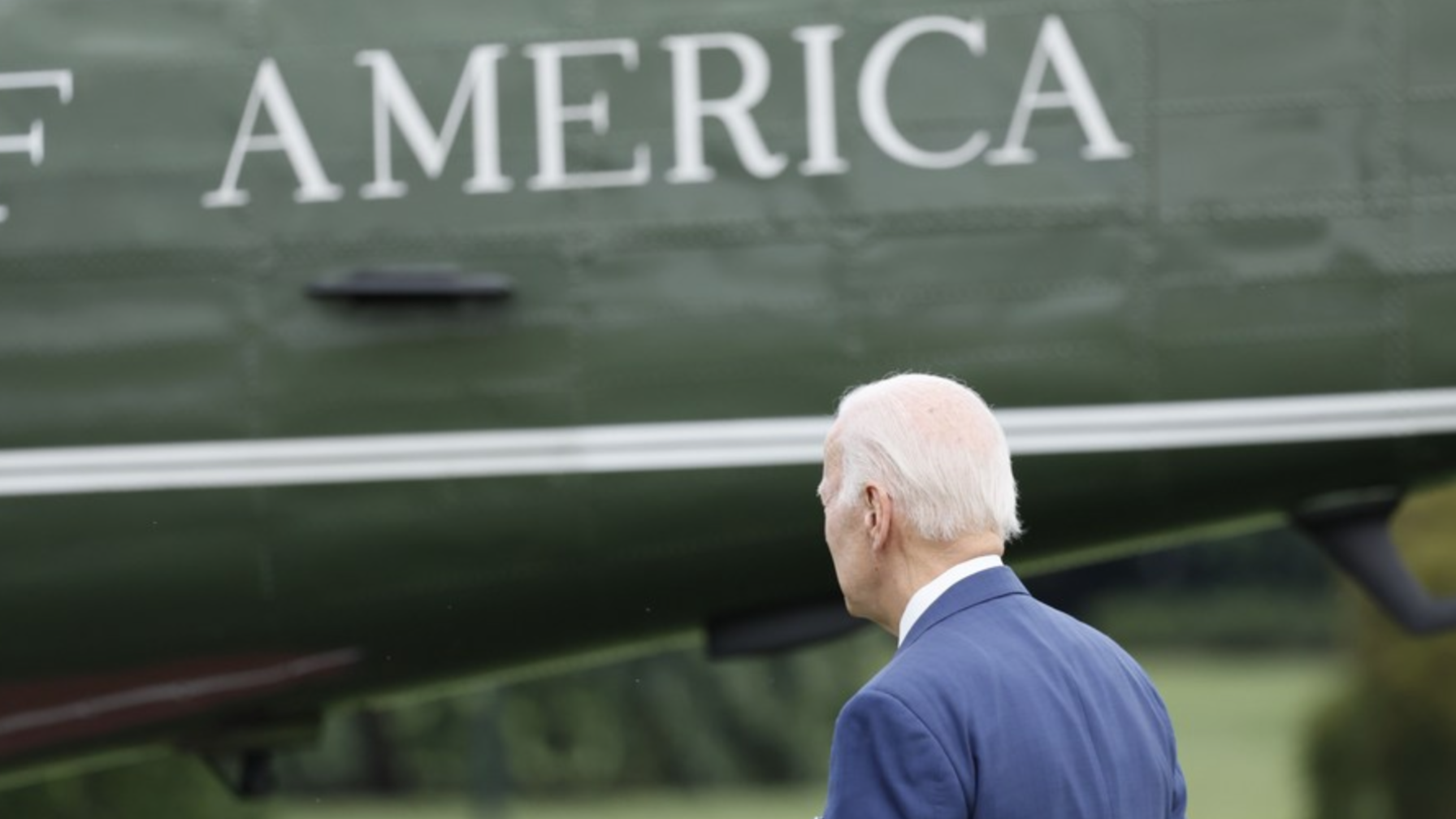US president Joe Biden is set to arrive in Saudi Arabia on July 15, marking the second leg of his presidential journey to West Asia after landing in Israel. Human rights activists have criticized Biden’s visit to the region, raising concerns regarding the rights violations that both countries are accused of committing. The president’s upcoming trip to Saudi Arabia is largely seen as an attempt to urge Saudi Arabia to increase oil production and lower prices, in the context of sanctions against Russia, which has raised oil prices across the world. In a column written for the Washington Post on Saturday, Biden described Saudi Arabia as a “strategic partner,” whose support was necessary in the American pursuit to “counter Russia’s aggression” and “outcompete China.”
Biden has previously been a vocal critic of Saudi policy and leadership, once saying that there was “very little social redeeming value in the present government in Saudi Arabia,” and referring to the kingdom as a “pariah.” The Trump administration was enthusiastic about its support for the Saudi-led war in Yemen, providing arms despite widespread criticism from human rights defenders. Biden was especially critical on the campaign trail, bringing attention to the the state’s role in the brutal murder of journalist Jamal Khashoggi and the humanitarian catastrophe in Yemen. The president’s previous rhetoric diverges from his current tone, as he strives to “reorient” relations with the kingdom.
A month after taking office in 2021, Biden announced the end of “all American support for offensive operations in the war in Yemen, including relevant arm sales.” However, this did not stop the administration from pouring arms into Saudi Arabia under the justification of “defense.” In November of 2021, the US government approved a sale of $650 million for air-to-air missiles to Saudi Arabia, in a move that would “support US foreign policy and national security of the United States by helping to improve the security of a friendly country,” according to the Pentagon. A month later, the deal received bipartisan support in Congress after members of the Senate voted to block a resolution that aimed to ban the sale. In January 2022, the administration also approved a deal of $28 million for American maintenance of Saudi aircraft.
The distinction between arms for “defensive” and “offensive” means has been described as a “game of semantics” by Peter Salisbury of International Crisis Group, who spoke to Reuters in March. The ambiguity has allowed the Biden administration to continue pursuing war interests while no longer explicitly supporting Saudi offensive actions. Most recently, reports of a potential lift on the offensive weapons sale ban to Saudi Arabia have once again rekindled the conversation on “offensive” versus “defensive” arms deals, with experts indicating that there is no actual definition to differentiate the two.
According to United Nations human rights chief Michelle Bachelet, there was a 275% increase in coalition air strikes between December 2021 and January 2022. A report from Amnesty International, which stated that Biden has “abandoned promises,” revealed that US-made precision-guided munitions were used in a January air strike “that killed at least 80 people and injured over 200.” As of May 2022, the death toll from the war and blockade on Yemen had reached 233,000, in what has been described as the world’s worst humanitarian crisis. Other estimates put the number at over 377,000.





